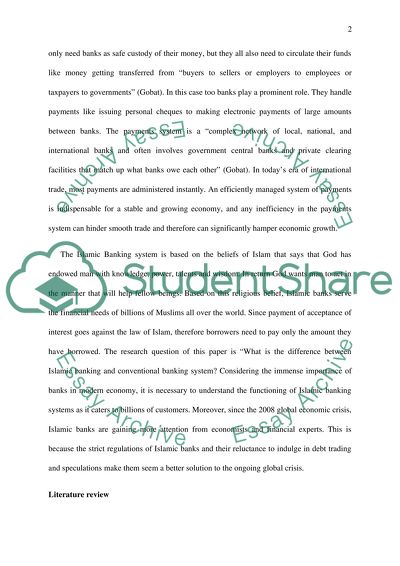Cite this document
(“The Differences Between Islamic Banking and Conventional Banking Essay”, n.d.)
Retrieved from https://studentshare.org/macro-microeconomics/1628899-the-differences-between-islamic-banking-and-conventional-banking-system
Retrieved from https://studentshare.org/macro-microeconomics/1628899-the-differences-between-islamic-banking-and-conventional-banking-system
(The Differences Between Islamic Banking and Conventional Banking Essay)
https://studentshare.org/macro-microeconomics/1628899-the-differences-between-islamic-banking-and-conventional-banking-system.
https://studentshare.org/macro-microeconomics/1628899-the-differences-between-islamic-banking-and-conventional-banking-system.
“The Differences Between Islamic Banking and Conventional Banking Essay”, n.d. https://studentshare.org/macro-microeconomics/1628899-the-differences-between-islamic-banking-and-conventional-banking-system.


